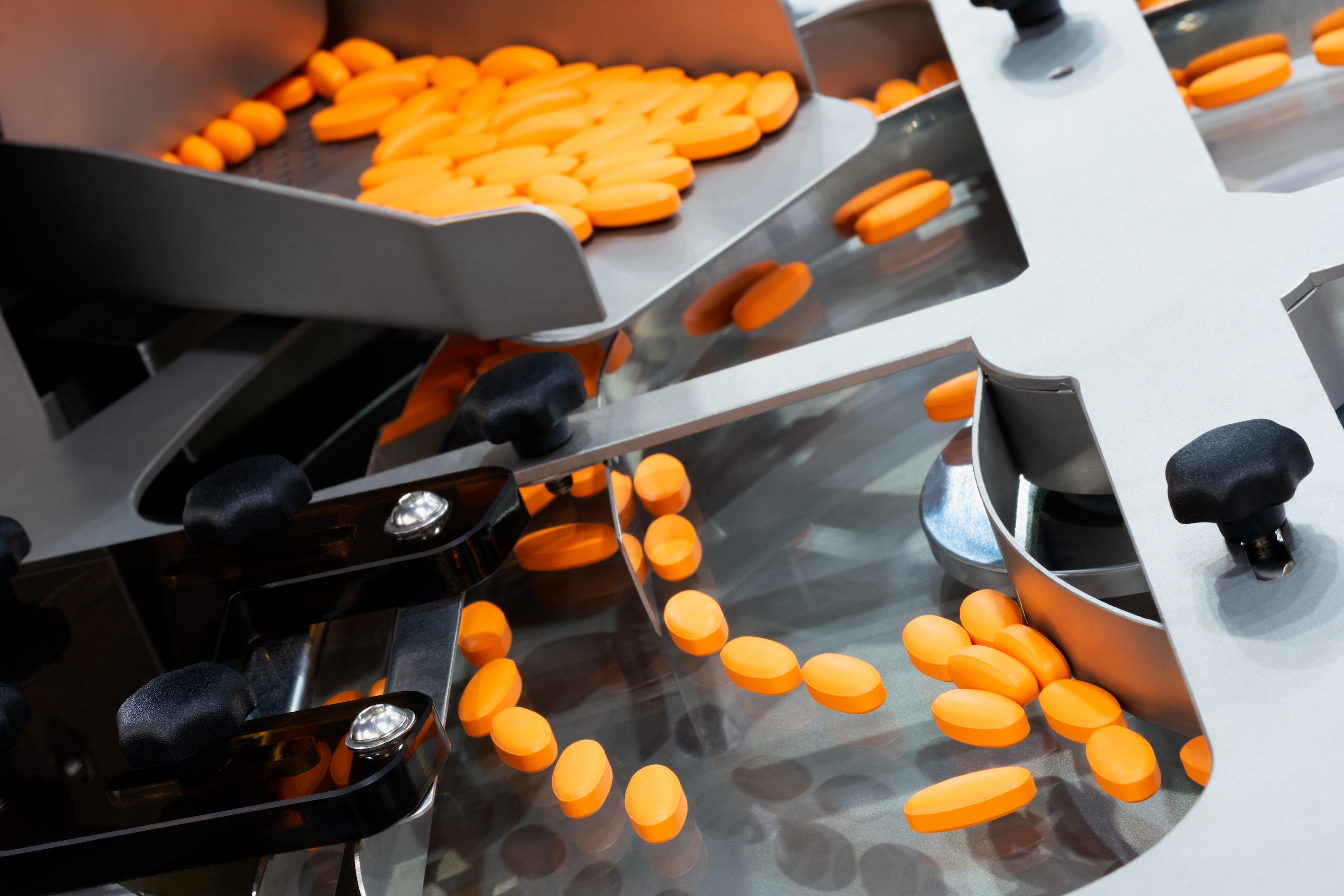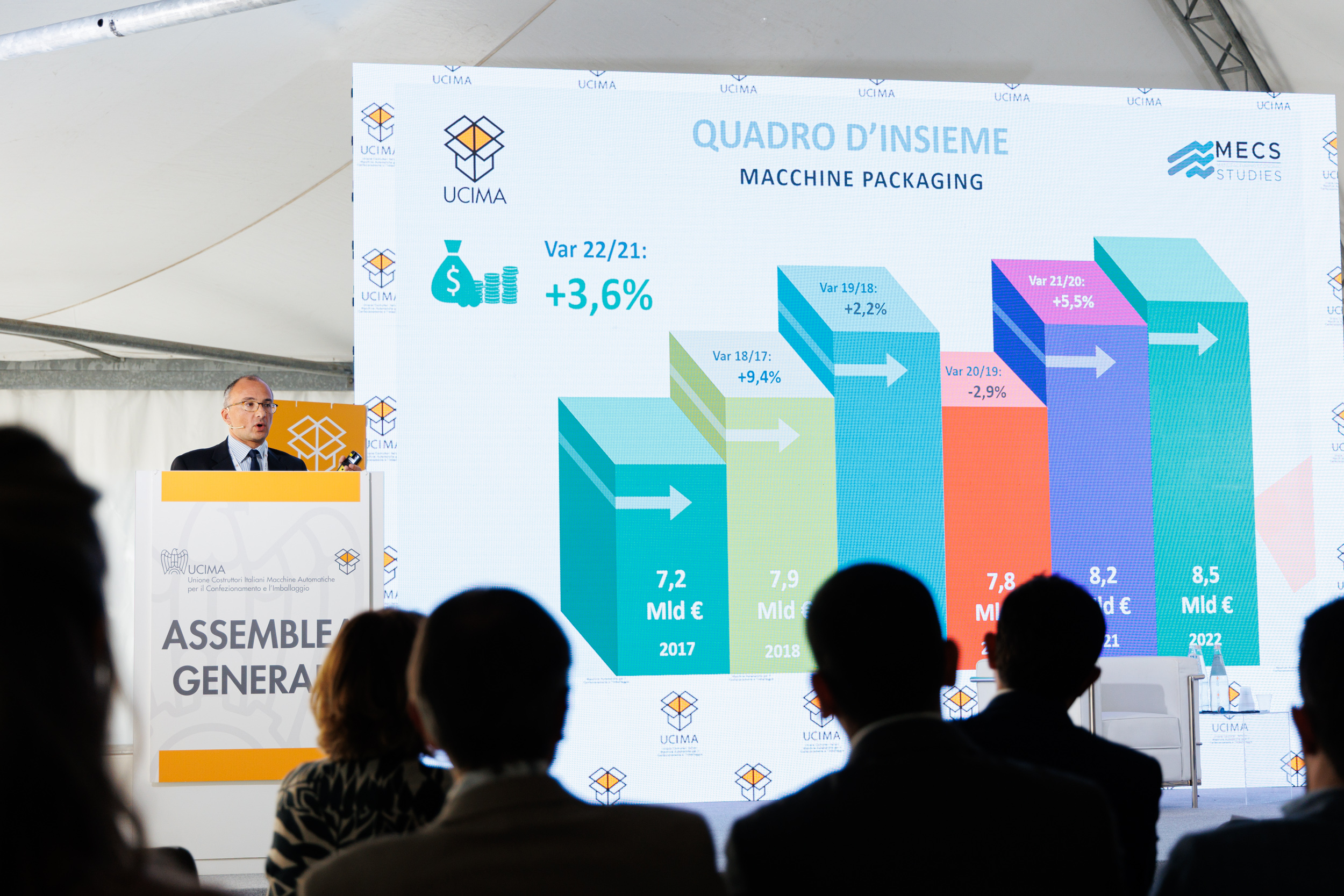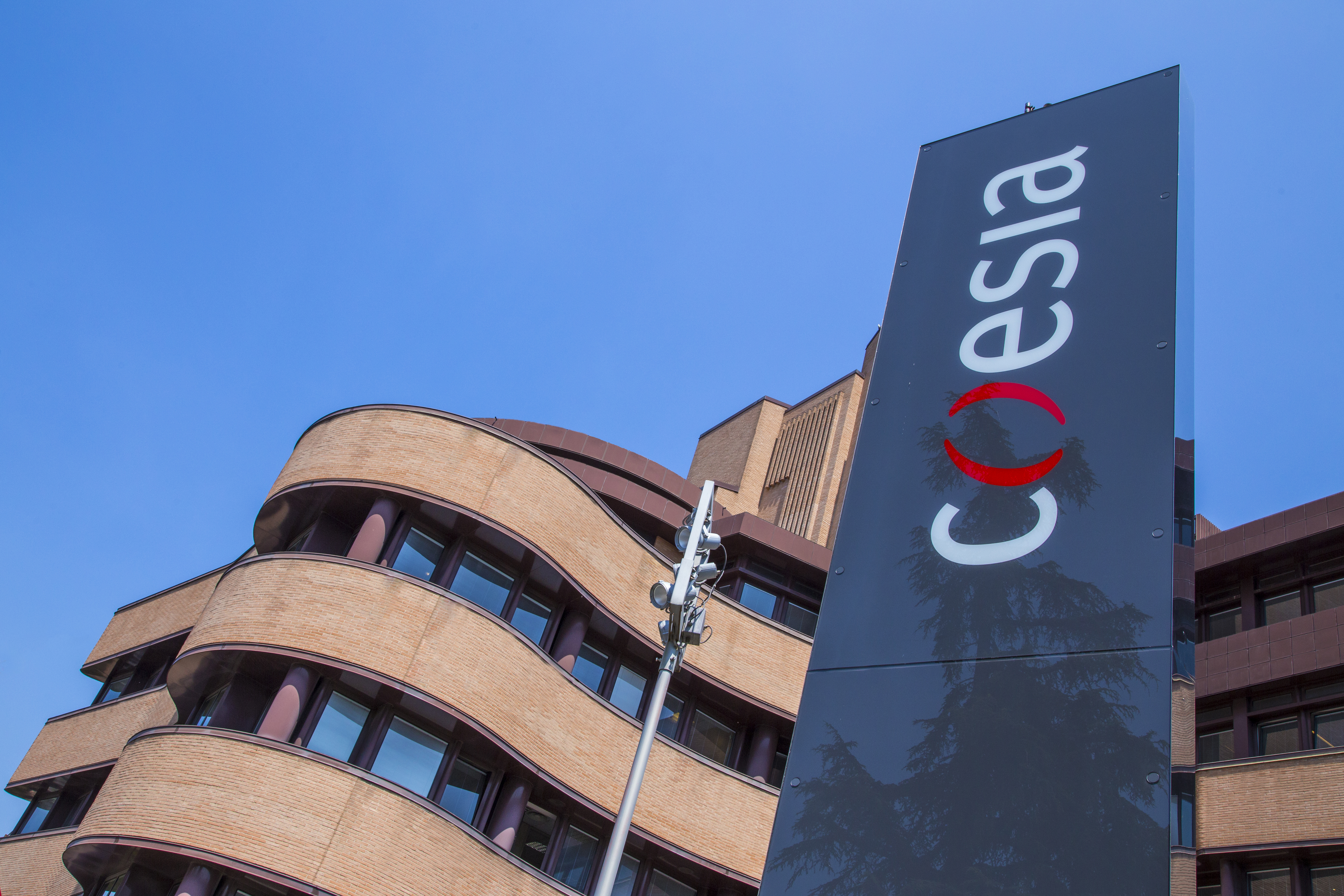ASCCA, the Italian association that deals with environmental contamination research and testing, is a technological and scientific not-for-profit organisation which was founded in 1981. Chair of the association Sergio Mauri spoke to us about the partnership between ASCCA and Pharmintech.
“Among the various challenges we face in pharmaceuticals, microbiological contamination is undoubtedly at the forefront. Technological innovation in this field is heavily influenced by regulatory limits which - within an already extremely conservative industry - tend to slow down the introduction of new technologies that could provide an immediate response to any contamination on production lines. The partnership with Pharmintech is therefore particularly important both to keep abreast of the latest, most advanced solutions and to encourage the circulation of innovative ideas." And he continues “As an association we are very active in the design of cleanrooms and production process isolation systems such as isolators and RABS, as well as testing systems. We also specialise in applications for hospitals, where staff training needs to focus on the use of microbiological risk control technologies, which is such a key issue in hospitals at present given the current problem of growing antibiotic resistance. “
After these comments on specialist expertise, Mr Mauri moved on to discuss the organisation of ASCCA and the opportunities that the relationship with Pharmintech can bring.
“We have 250 members and 50 supporting members” he continues, “companies that also play a leading role in the fair. Many of our members are actively involved in the training of new generations of professionals both at universities and technical institutes at secondary and further education level. Pharmintech is a unique opportunity to allow young, talented students to meet exhibiting companies, and find out more about innovation in the industry and their future employers, to the benefit of all involved. Qualified personnel is in fact a critical issue in this industry. Among our supporting members there are companies that use the association as a means of refreshing skills and knowledge among staff on microbiological and particulate contamination. Our events are gatherings of high profile professionals that offer a fascinating opportunity to share skills and innovations in the field. The partnership with Pharmintech was also established to encourage our members - which are often small businesses - to refresh their expertise, with the aim of assisting them with their participation in the event and then leaving them in a position to continue the experience on their own. A business acceleration process that we have tried and tested several times.”
Unrestricted by national borders, the work of the association is far-reaching and includes events such as the upcoming ISCC - International Symposium of Contamination Control - scheduled in Milan from 15 to 18 October 2024. "It is an important date on the industry calendar" continued Mr Mauri "that will bring together over 300 experts and potential future visitors to and exhibitors at the trade fair in Milan. Note that our association is structured horizontally, which means the concepts of control and contamination are examined not only in relation to pharmaceuticals but also to aerospace, food, and the conservation of cultural heritage." He ended with a fascinating fact about some of Italy's most important works of art "The Last Supper by Leonardo da Vinci, the Sistine Chapel, and the Scrovegni Chapel, all have special entrance doors which keep temperature and relative humidity strictly controlled and also reduce microbiological contamination, to prevent wear caused by the presence of visitors. The display case where the Mona Lisa is located in the Louvre was designed by an Italian company that specialises in particulate and microbiological contamination control; for this project, the company created a design that guarantees stable temperature and humidity conditions and eliminates pollution to prevent damage to the painting.”
.png)
.png)
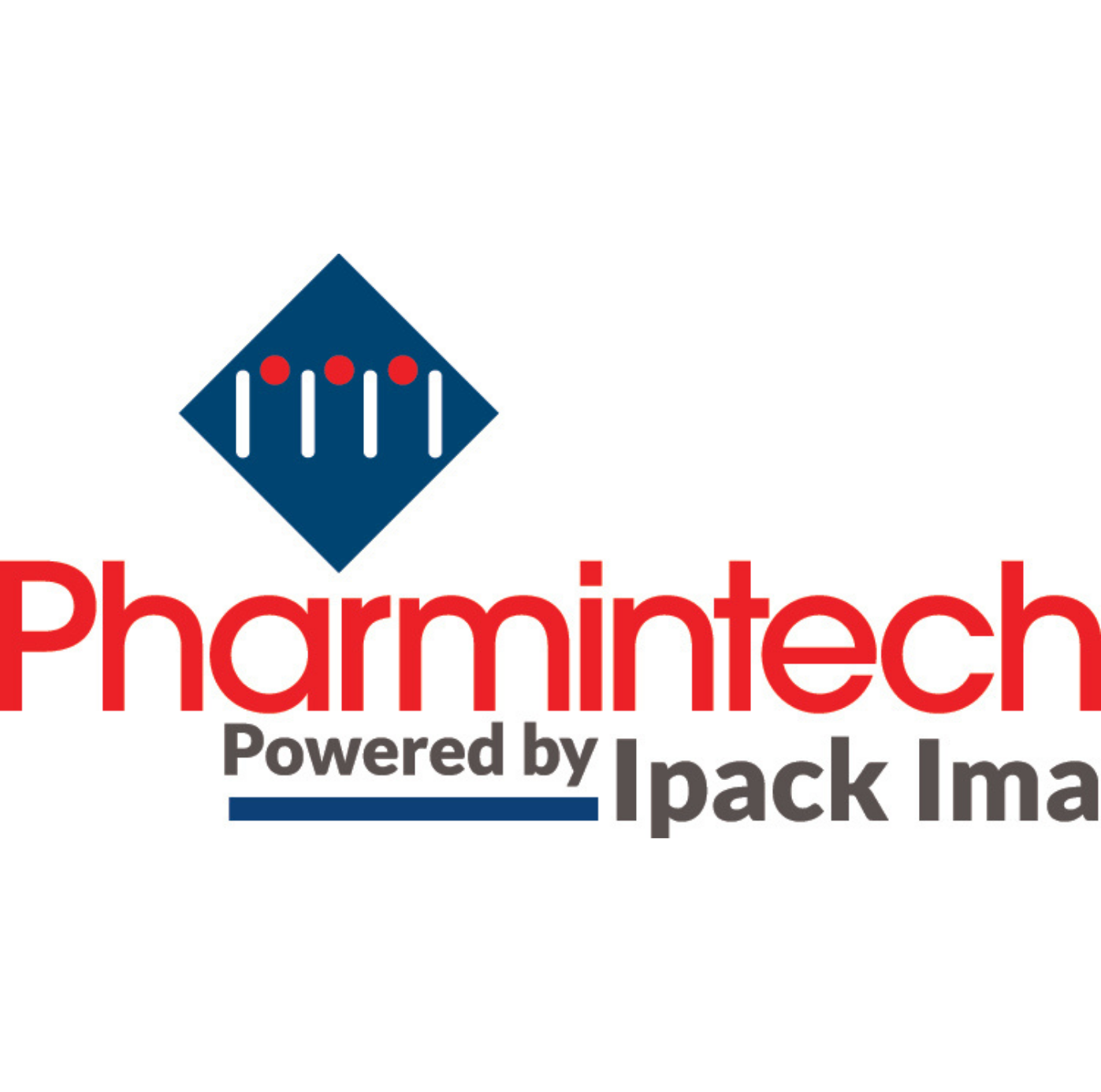
1.png)
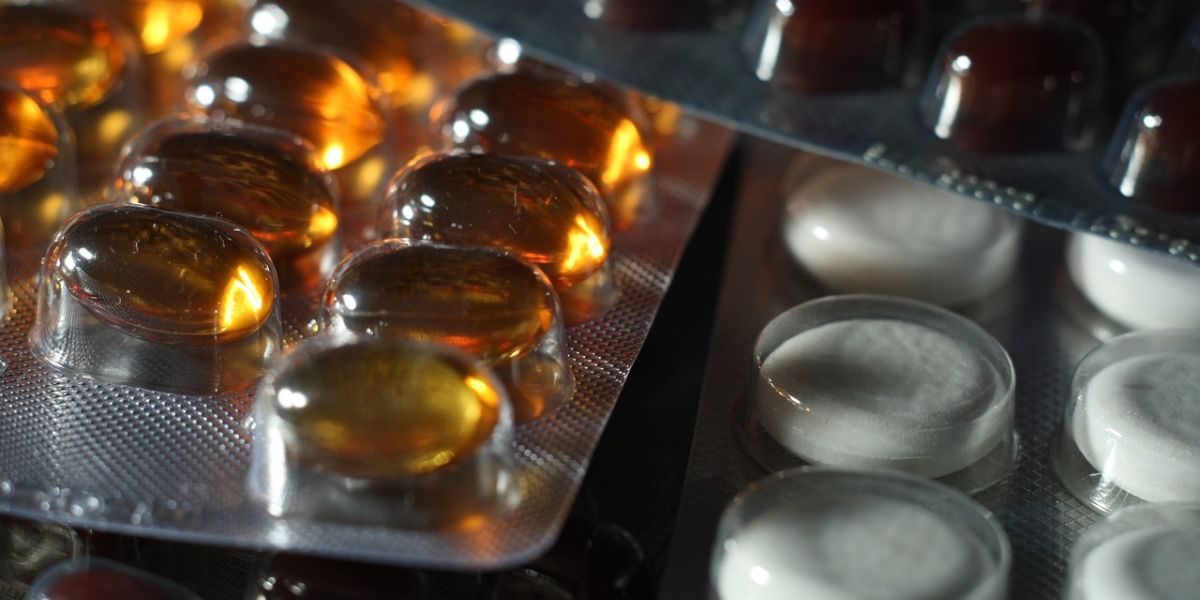
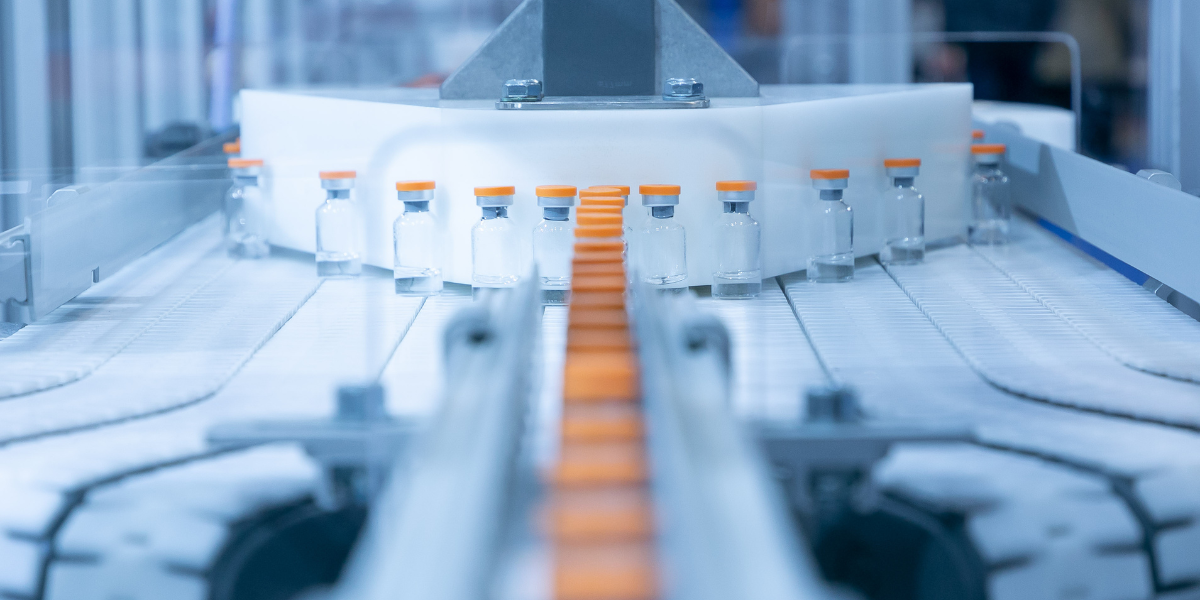
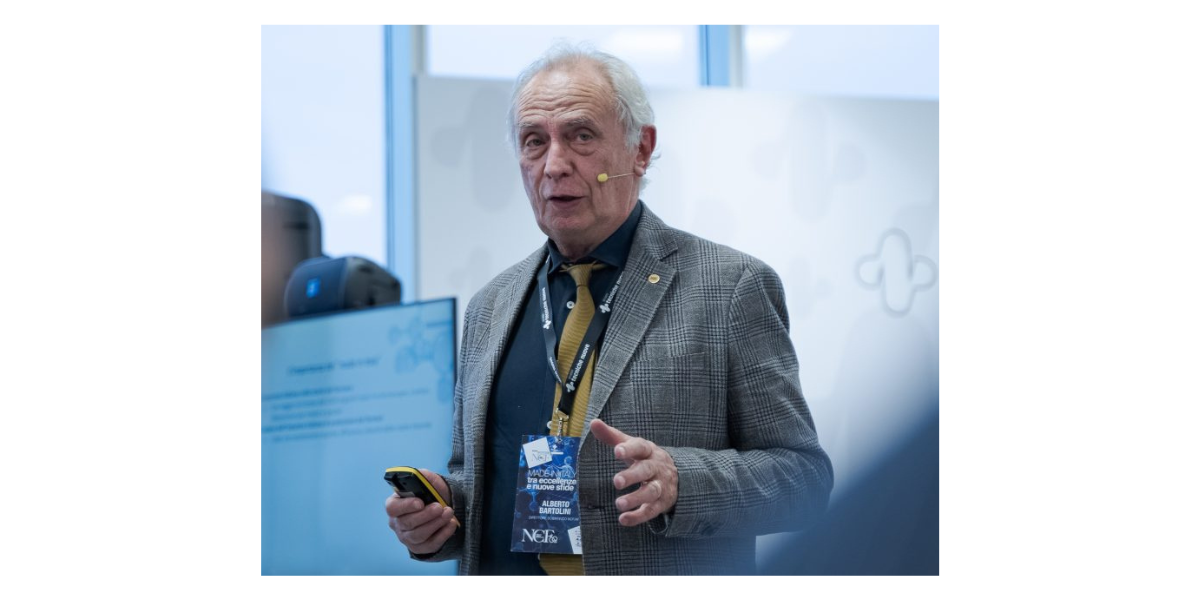
.png)
.png)

.png)

